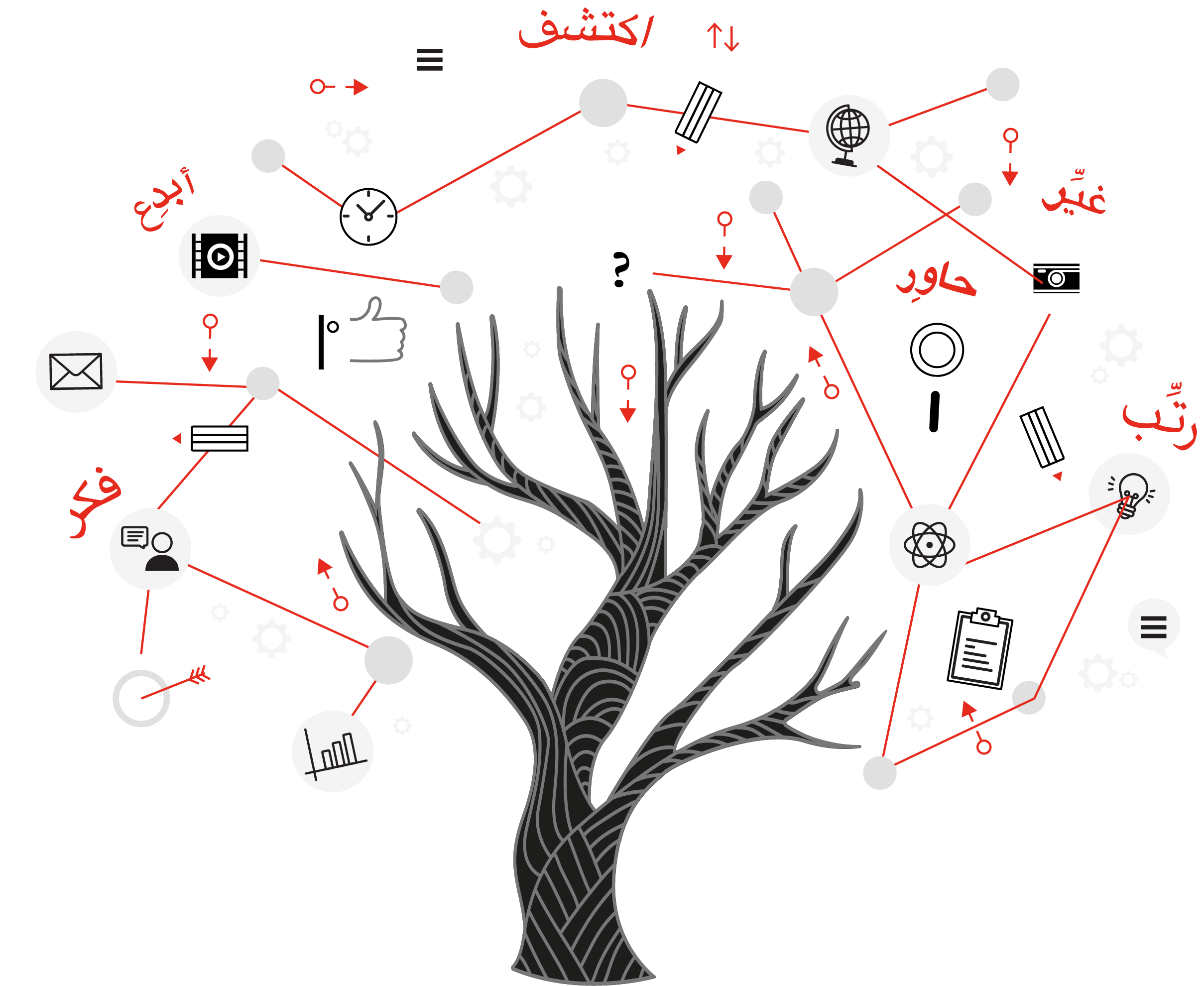Working from home and feel like you’re working all the time? Here’s what to do
Thoka Maer
One of the most interesting things that have happened in 2020 has been the way that COVID-19 has pushed so many of us to work from home. Back on January 1, most company leaders would have said that working from home and managing remote teams were too cumbersome.
However, by August 1, over 50 percent of so-called knowledge workers continue to work from home. And every day, more and more company leaders realize their employees are not going to come back to the office willingly.
Working remotely works. Turns out, the real challenge is keeping people from working too hard and helping them fight the burnout that could turn a short-term productivity gain into a long-term drain.
I’m an organizational psychologist who’s been studying the companies that excel at remote work for the better part of a decade; I’ve also worked remotely full-time for more than half of my 15-year career. So I’ve learned a lot about fending off burnout based on the research and my own experience.
Here are four ways that you can manage WFH burnout:
1. Set “business” hours
Once upon a time, there were very real benefits to working in a world where everyone was together for set hours and little could be accomplished outside of that time. That existed until everyone got a smartphone and set up their work email on it. But while technology may have eroded those boundaries, the most productive workers developed the discipline to bring them back.
So if you want to avoid working too much, you need to develop a concrete schedule of when you’re working and when you’re not. While you might need the flexibility to build large breaks into it, that’s not a reason to scrap the idea of building a schedule and sticking to it. Without established hours, what’s to prevent you from having an idea in the middle of watching a movie in your off hours and firing up your laptop to work on it?
Instead, capture the idea so that you can return to it when your office “opens” the following day. You might still get pings and notifications outside of your business hours, but having a set routine will make it more likely that you’ll let them pass and respond during your next work day. Make sure that everyone on your team knows your business hours and you know all of their schedules so you can respect their time as well.
2. Develop a post-work ritual
In addition to setting established hours, you may want to create a ritual to signal that it’s time to end the day. This could be clearing out your email inbox (good luck with that one!) or scheduling in your calendar when you’ll tackle your outstanding tasks.
Or, it could be saying a special phrase or affirmation. My friend, the brilliant writer Cal Newport, has a great one. At the end of every work day, he reviews his task list and schedule for the next two weeks to make sure he has a plan to accomplish each task. Then he shuts off his computer and utters these magic words: “Schedule shutdown …. complete.”
For Newport, the phrase is linked to a mental rule. He explains, “After I’ve uttered the magic phrase, if a work-related worry pops to mind, I always answer it with the following thought process: ‘I said the termination phrase. I wouldn’t have said this phrase if I hadn’t checked over all of my tasks, my calendar and my weekly plan, and decided that everything was captured and I was on top of everything. Therefore, there is no need to worry.’”
That peace of mind is ultimately the point of an after-work ritual — even if it sounds as silly as Newport’s mantra. Over time, I’ve developed my own after-work ritual. In fact, it’s my next suggestion.
3. Change devices when you change modes
For my first real job out of college, I was issued a company laptop. It was sluggish and heavy, and there were always rumors about how we were being “watched” through nefarious programs. But since I still had my laptop from college, I would use that for all my personal tasks. And I found that having to switch devices at the end of the day wasn’t a burden; it was a blessing.
I still keep that blessing going with my mobile devices. I have a smartphone with work-related emails and applications installed and a tablet that has only personal social media and entertainment loaded on it.
My after-work ritual is walking upstairs to our family’s charging station and switching my devices. I could always go back to work by switching back to my work gadgets, but having to walk into another room creates just the right amount of friction to keep me from doing it (most of the time).
If you work from your personal computer and don’t want a second one, then consider setting up a different username in the operating system. Then just log out of You@Work and log into You@NotWork.
4. Get outside
When you take breaks — whether it’s during the workday or during your non-work hours, make sure you take the time to go out into whatever much nature is available near you. Research has consistently shown that the most restorative break you can take is a nature break; it not only leaves you feeling more restored but happier too. Something about getting close to trees, plants or any body of water has a powerful effect on our mind’s ability to rest.
While taking a walk outside may sound like the opposite of what you want to do when you’re tired or busy, a quick stroll through your neighborhood, park or yard will leave you feeling much better than plopping on the couch and watching an episode of Friends for the seventh time.
If you still don’t believe me, that’s OK. One study showed that people systematically underestimated how much happier they’d be after taking a quick walk through any nearby natural setting. The next time you feel your stress level rising or your energy draining, don’t grab another cup of coffee. Grab a few minutes of fresh air.
Whether you adopt these specific practices into your routine or develop your own in the same spirit, there’s one important thing that I want you to remember. Tips like these are all about setting limits and knowing when enough is enough and it’s time for you to refocus on other elements of your life.
Working from home makes it all too easy for work to become your life — I know that temptation all too well. But time away from work will make your work better and deliberately unplugging can be the most productive thing you can do for yourself.
This article originally appeared on DavidBurkus.com and was adapted with the author’s permission.
Watch his TEDxUniversityofNevada Talk here:

